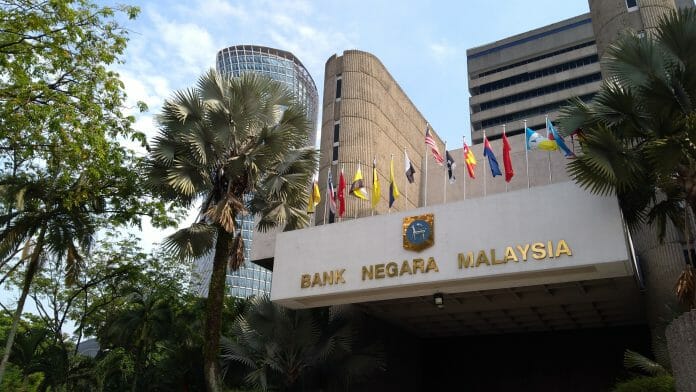- BNM in its monthly economic report noted that the headline inflation increased to 4.7% in August compared to July 4.4%, in line with market expectations. Core inflation increased to 3.8% during the month (July: 3.4%). The Central Bank pointed out the increase was largely reflected by higher prices for rental and food away from home.
- Notwithstanding the higher annual inflation, 10 of the 12 main Consumer Price Index (CPI) categories registered moderating month-on-month increases.
Robust export growth in August
- Exports registered a robust growth of 48.2% (July: 38%) in August 2022. Manufactured export growth was driven by E&E and petroleum products. Meanwhile, exports of commodities continued to be supported mainly by crude palm oil, liquefied natural gas and crude petroleum shipments. Moving forward, the moderation in global growth and lower commodity prices are expected to weigh on Malaysia’s export growth. Malaysia’s diversified exports across products and markets should help cushion this impact.
Sustained net financing growth in August
- Net financing grew by 6.1% as at end-August (July: 5.3%), driven by higher growth in both outstanding loans (6.8%; July: 5.9%) and corporate bonds (4.3%; July: 3.7%). Outstanding household loans grew by 6.5% (July: 6.1%) amid steady growth across most purposes. Notably, growth in loan disbursements reflected sustained growth in loan applications, particularly for the purchase of houses and cars. For businesses, growth in outstanding loans rose to 6.7% (July: 5.9%), mainly driven by the wholesale trade, manufacturing and utilities sectors. By segment, credit flows to SMEs remained particularly forthcoming, with outstanding loan growth higher at 7.5% (July: 6.6%).
Domestic financial markets were supported by foreign portfolio inflows
- In August, global financial conditions tightened as the US Federal Reserve reaffirmed its commitment to bring US inflation down despite lower US growth expectations. Domestic financial market adjustments remained orderly amid low foreign exchange volatility and sufficient trading volume. The 10-year MGS yield increased by 10 bps (regional average: +11.7 bps) alongside the higher 10-year US Treasury bond yield (+45.4 bps). The ringgit depreciated by 0.8% (regional* average: -1.3%) amid continued strong US dollar environment, while the FBM KLCI rose by 1.3% (regional* average: +2.8%) supported by foreign inflows and stronger-than-expected 2Q Malaysia GDP growth.
Banks remained well-capitalised to support economic recovery
- Banks’ capital position remained strong to withstand potential stress and continue supporting credit flows to the economy.
- This enabled some banks to sustain dividend payouts during the month. As at end-August, the banking system recorded RM126.7 billion in excess capital buffers.
The resilience of banks continued to be underpinned by sound asset quality
- Overall gross and net impaired loans ratios remained broadly stable at 1.84% (July: 1.85%) and 1.1% (July: 1.2%), respectively. Loan loss coverage ratio (including regulatory reserves) remained at a prudent level of 113.7% of impaired loans, with total provisions accounting for 1.8% of total loans. As at end-August, the banking system recorded RM 41.5 billion of total provisions and regulatory reserves.









